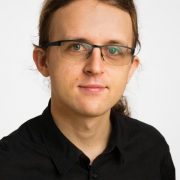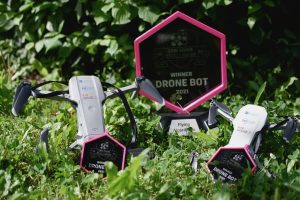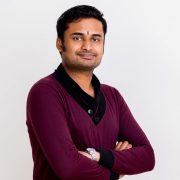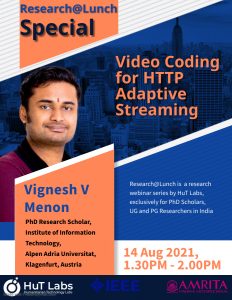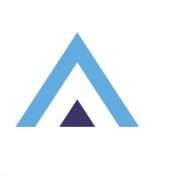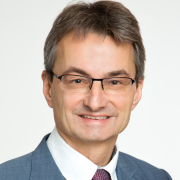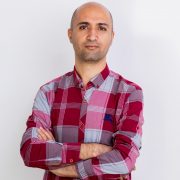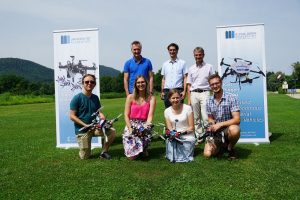Title: CTU Depth Decision Algorithms for HEVC: A Survey
[PDF]
Ekrem Çetinkaya* (Christian Doppler Laboratory ATHENA, Alpen-Adria-Universität Klagenfurt), Hadi Amirpour*, (Christian Doppler Laboratory ATHENA, Alpen-Adria-Universität Klagenfurt), Mohammad Ghanbari (Christian Doppler Laboratory ATHENA, University of Essex), and Christian Timmerer (Christian Doppler Laboratory ATHENA, Alpen-Adria-Universität Klagenfurt)
*These authors contributed equally to this work.
Abstract: High Efficiency Video Coding (HEVC) surpasses its predecessors in encoding efficiency by introducing new coding tools at the cost of an increased encoding time-complexity. The Coding Tree Unit (CTU) is the main building block used in HEVC. In the HEVC standard, frames are divided into CTUs with the predetermined size of up to 64 × 64 pixels. Each CTU is then divided recursively into a number of equally sized square areas, known as Coding Units (CUs). Although this diversity of frame partitioning increases encoding efficiency, it also causes an increase in the time complexity due to the increased number of ways to find the optimal partitioning. To address this complexity, numerous algorithms have been proposed to eliminate unnecessary searches during partitioning CTUs by exploiting the correlation in the video. In this paper, existing CTU depth decision algorithms for HEVC are surveyed. These algorithms are categorized into two groups, namely statistics and machine learning approaches. Statistics approaches are further subdivided into neighboring and inherent approaches. Neighboring approaches exploit the similarity between adjacent CTUs to limit the depth range of the current CTU, while inherent approaches use only the available information within the current CTU. Machine learning approaches try to extract and exploit similarities implicitly. Traditional methods like support vector machines or random forests use manually selected features, while recently proposed deep learning methods extract features during training. Finally, this paper discusses extending these methods to more recent video coding formats such as Versatile Video Coding (VVC) and AOMedia Video 1 (AV1).
Keywords: HEVC, Coding Tree Unit, Complexity, CTU Partitioning, Statistics, Machine Learning


